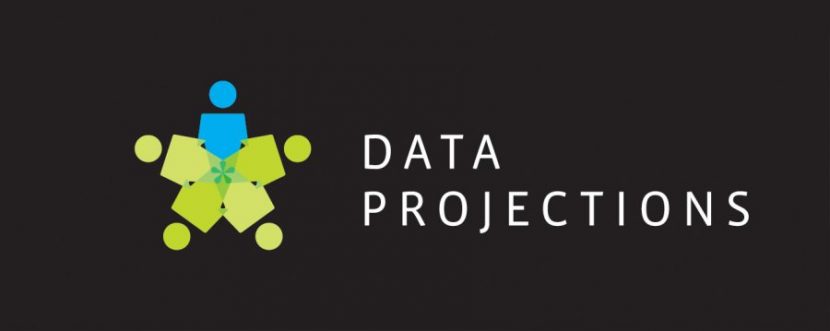CTS, CTS-D and CTS-I defined
The CTS certification is where AV professionals start their AVIXA certification journey, and it’s aimed at technicians who need a general overview of industry best practices and how to execute them. As such, it covers every part of the integration process. Some of the highlights include:- Conducting an initial site survey
- Evaluating the site’s acoustics, lighting, seating and more
- Developing a scope for the AV project
- Designing an AV solution
- Integrating and operating an AV solution
- Managing an AV integration project
- Maintaining AV operations
- Performing maintenance
- Troubleshooting issues with AV technology
1. CTS-D - The CTS-D certification is focused on system design, which demands strong communication and creative skills, as well as teamwork. The designer’s job is to take the client’s needs and convert them into a system that meets those needs. Before an AV professional is ready for CTS-D certification, they must hold a valid CTS certification and must have at least two years of industry experience.
Technicians in the CTS-D track will cover an array of topics. For example, technicians will be expected to identify decision makers and stakeholders, identify skill level of the system’s end users, identify the client’s expectations, identify the scope of the work and educate clients on the specifics regarding AV system design. Further, the CTS-D track demands AV technicians review architectural and engineering drawings, and coordinate with architectural, interior design, electrical, lighting, IT, acoustical, mechanical, safety and security teams. Finally, technicians must know how to draft an AV system design, produce AV infrastructure and system drawings and confirm site conditions.
2. CTS-I – The CTS-I track is more technically-focused. This certification track covers all aspects of AV equipment installation, testing, close out and maintenance. Like the CTS-D track, professionals must have at least two years of experience and CTS certification before they can pursue CTS-I.
There is a lot for technicians to cover when seeking CTS-I certification. Some of the relevant topics include reviewing AV project documentation, conducting a technical site survey, evaluating facility readiness, de-installing existing equipment, mounting substructure, pulling cable, assembling and wiring AV equipment racks, mounting AV equipment, terminating cables, configuring network specifics, testing and calibrating an AV system, providing training to end users, completing progress reports, making field modifications, repairing and maintaining AV systems and maintaining tools.
Why CTS Certification is a Good Idea for Integrators
AVIXA’s certification process is well thought out and quantifiable. Before AVIXA designed their certification exams, it organized a job analysis study it sent out to integrators around the country. This information was used to design an exam that closely matches what professionals will face in the industry. There are other reasons why integrators should consider CTS certification, including:1. It distinguishes stand-out AV firms – This is the marketable aspect of AVIXA certification, and it’s a compelling one. AV integrators are fighting back against the idea that AV technology and integrators are commodities, that one piece of technology is as good as another. This is clearly untrue, but it’s difficult to communicate what makes an integrator particularly talented or accomplished. CTS certification is an easy way to communicate the firm’s overall competency.
2. It accurately evaluates a technician’s capabilities – AVIXA certification benchmarks technicians on their ability to perform industry best practices. This is valuable information for integrators, as it ensures technicians are put in roles they are most likely to succeed in.
3. It encourages ongoing improvement – To maintain CTS certification, technicians must attain a certain number of renewal units (RUs), which can be thought of as continuing education opportunities. Technicians can pick up RUs by completing AVIXA courses, manufacturer training, collegiate courses, instructing classes, attending AVIXA events or writing white papers. If professionals wish to remain CTS certified, they must continue honing their skills, which leads to a better industry for all.
4. It does not favor a particular vendor – AVIXA is a neutral certifying organization, so technicians walk out with knowledge they can use across the entire industry, and not just for a particular brand.
5. It establishes a community – AVIXA-certified professionals are regularly brought together by events and training opportunities, allowing for increased networking and camaraderie in a field that is rapidly evolving.
AVIXA certification makes sense on multiple levels. It makes sense for technicians, who can improve their skills and job prospects with it. It makes sense for integrators, which can use CTS certification to stand out from competitors. And it makes sense for the AV industry, which benefits from a community full of professionals observing best practices.


